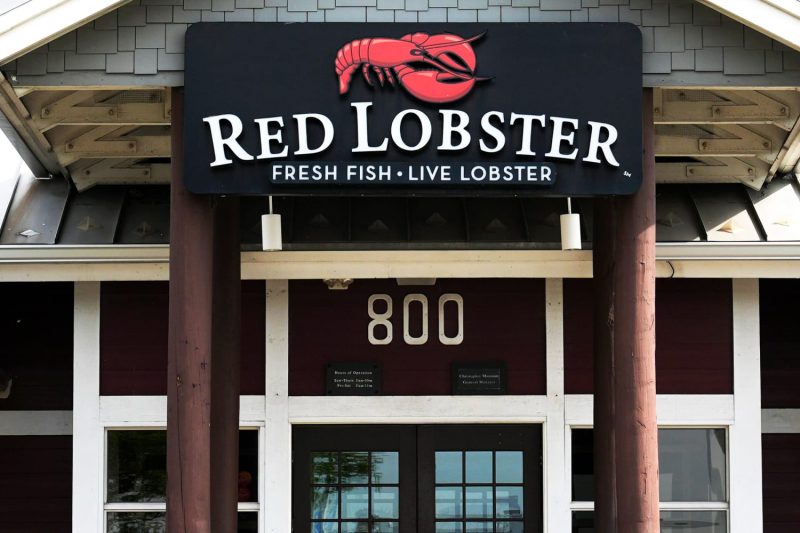The acquisition of Red Lobster by private equity firms in 2014 has been a point of contention and criticism within the seafood industry. The move that saw the seafood chain being controlled by Golden Gate Capital has since been scrutinized for its handling and impact on the popular restaurant’s operations.
One of the major issues associated with the private equity takeover of Red Lobster was its operational strategy post-acquisition. Golden Gate Capital focused on short-term gains and cost-cutting measures rather than sustainable, long-term growth. This approach led to a decline in the quality of the food, customer experience, and overall brand perception of Red Lobster. Customers noticed the changes, with many expressing dissatisfaction with the decline in food quality and service standards.
Another significant consequence of private equity ownership was the financial burden placed on Red Lobster. The seafood chain was burdened with a substantial amount of debt following the acquisition, limiting its ability to invest in its restaurants, menu innovations, and overall growth initiatives. This financial strain hampered Red Lobster’s competitiveness in an increasingly competitive market and hindered its ability to adapt to changing consumer preferences and industry trends.
Moreover, the private equity ownership of Red Lobster had implications for its employees. The emphasis on cost-cutting measures often led to job cuts and layoffs within the organization. This not only impacted the morale and well-being of the employees but also affected the quality of service provided to customers. Reduced staffing levels and employee morale contributed to a decline in the overall customer experience at Red Lobster locations.
In addition to the operational and financial challenges faced by Red Lobster under private equity ownership, the long-term sustainability of the seafood chain was brought into question. The focus on short-term profits and cost-cutting measures neglected investments in crucial areas such as menu innovation, restaurant upgrades, and marketing efforts. This lack of investment limited Red Lobster’s ability to adapt to evolving consumer preferences, technological advancements, and industry disruptions, putting its future sustainability at risk.
Overall, the private equity ownership of Red Lobster highlighted the potential pitfalls of prioritizing short-term financial gains over long-term sustainable growth and brand equity. The experience of Red Lobster serves as a cautionary tale for companies considering private equity investments and underscores the importance of striking a balance between financial performance and sustainable business practices to ensure long-term success and resilience in an ever-changing market landscape.
